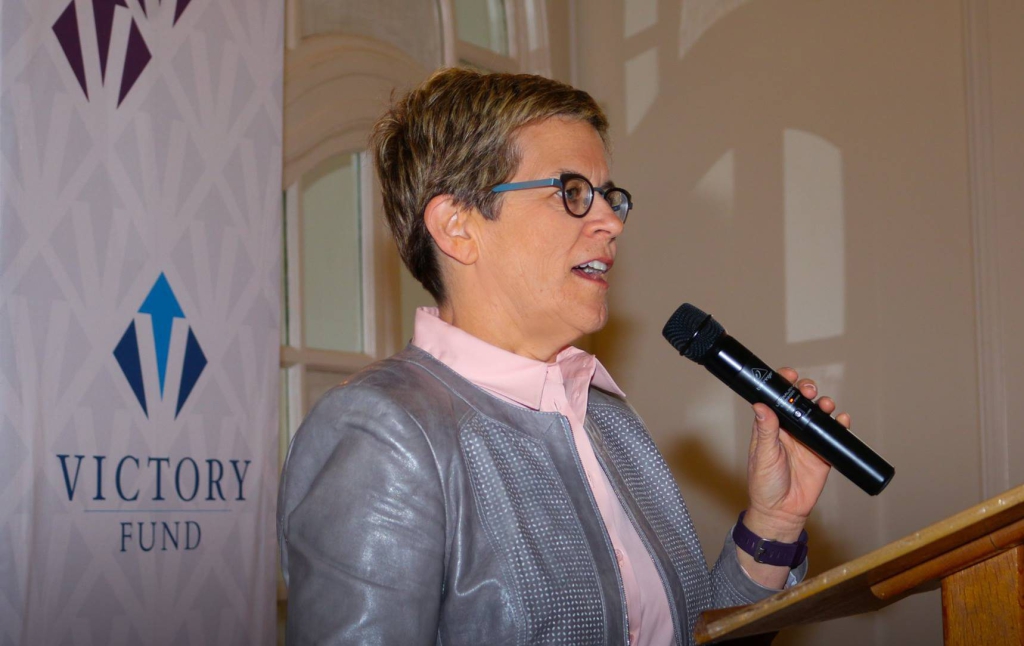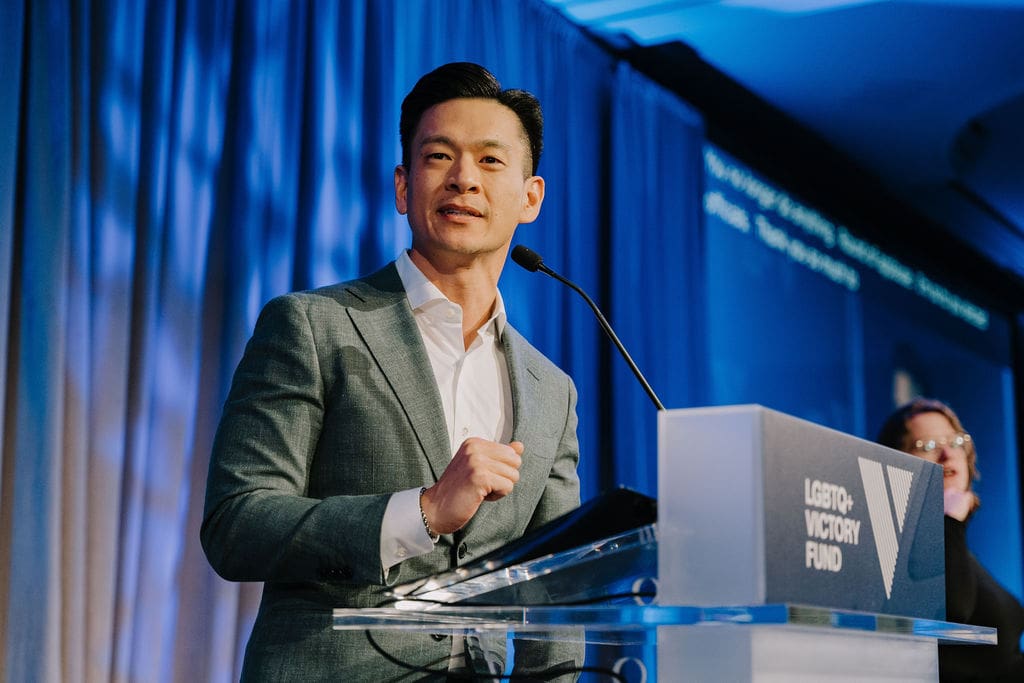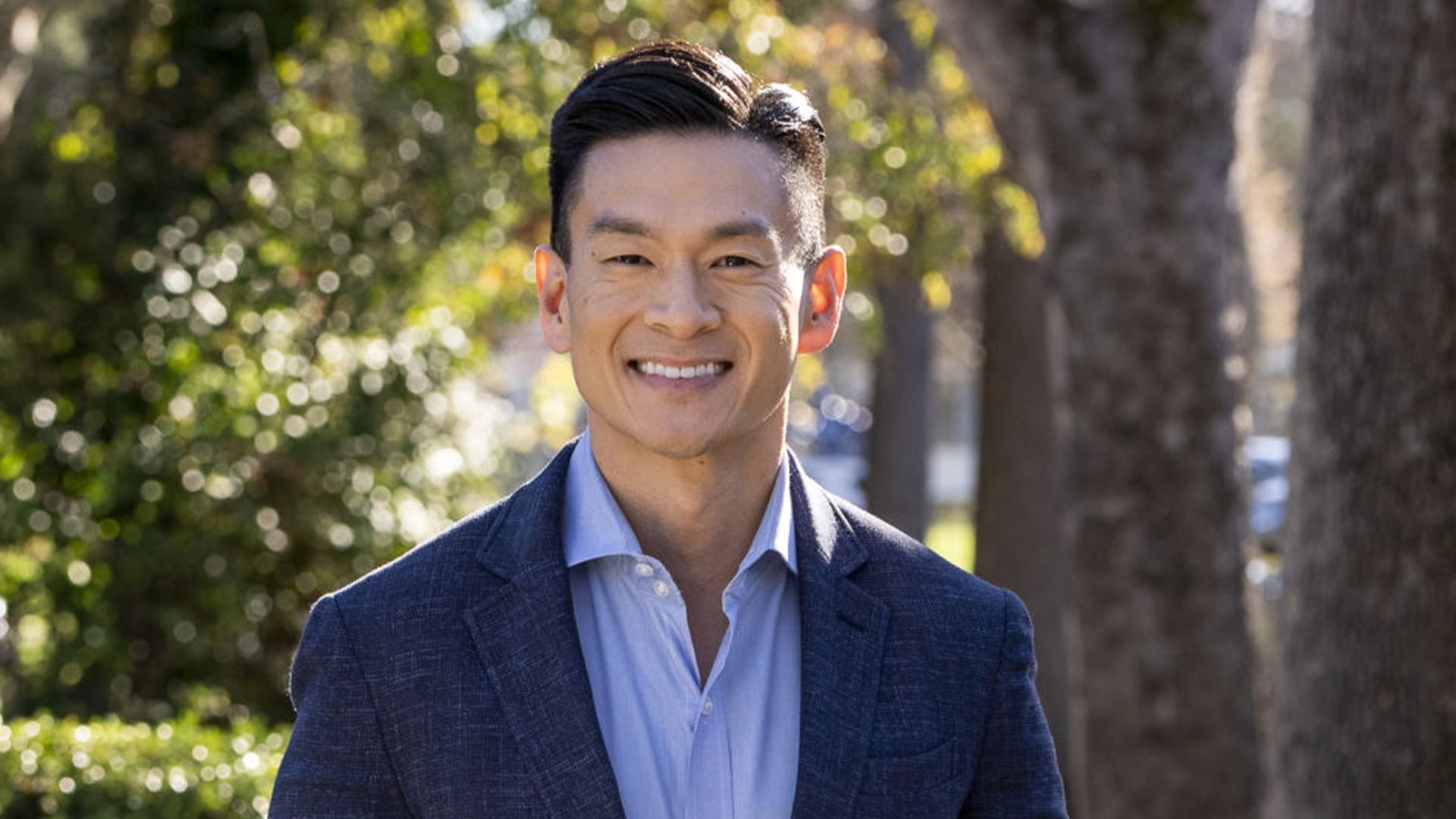
This op-ed from Victory Fund President & CEO Aisha C. Moodie-Mills originally appeared in The Huffington Post:
The fear was palpable. Whether a lawyer at an international firm downtown or a server at a diner in Old Fourth Ward, your life outside the workplace remained hidden, discrete. “It felt as if I was a criminal,” one Atlantan told me. “An omnipresent fear that a coworker would learn who I was, and all I worked for would dissolve overnight.” And she had seen it happen.
Just two decades ago, LGBTQ Atlantans lost their jobs and careers when employers fired them because of their sexual orientation or gender identity. There was no recourse. And too often word spread fast among other employers in their field – essentially blacklisting them much as Senator Joseph McCarthy had done to a generation of LGBTQ people 50 years earlier.
But we are out of the shadows now in Atlanta. The city is leading the emergence of a New South – one built on respect, justice and equality – and LGBTQ political leaders are in many ways the vanguard of this transformation.
Georgia leads the entire South in LGBTQ representation in government. You must travel at least 600 miles north or over 1300 miles west to reach a state with more openly LGBTQ elected officials. Cathy Woolard shattered the lavender ceiling in 1997 when she won her race for Atlanta City Council and became the first LGBTQ person ever elected in the state. It became a legacy seat – held by openly LGBTQ council members ever since. Four LGBTQ state legislators currently serve in the Georgia legislature, including Rep. Park Cannon, the only queer-identified state legislator in the nation. And her LGBTQ colleague Rep. Sam Park just defeated an anti-LGBTQ incumbent to become the only Asian American serving in the state House.
Georgia is leading the South in representation, but this year is a historic opportunity to become a model of progress the entire nation can aspire to. LGBTQ advocate Kirk Rich is running for the city council legacy seat to replace Alex Wan, the openly LGBTQ candidate for city council president. And our ceiling-breaker Cathy Woolard is well-positioned to become the first LGBTQ mayor of the city. If elected in November, Cathy would redefine what is possible for an LGBTQ Southern leader, and surely inspire a new generation of LGBTQ people to seek political office.
Georgia, and to an even greater extent Atlanta, is a beacon of hope in this New South. That is because LGBTQ representation inevitably leads to higher levels of equality. When LGBTQ elected officials are in the room, it humanizes our lives, changes political debates and results in more inclusive legislation. LGBTQ elected leaders are the antidote to the efforts of anti-equality opponents who desire a divided state and a divided South.
Cathy lobbied colleagues and fought opponents to pass a non-discrimination law for LGBTQ people less than two years after taking office. She ended the fear of two decades ago, and employees could finally be honest about their lives without risking termination or other retribution. Now LGBTQ state legislators are fighting for those same protections for all Georgians. Reps. Cannon and Park, as well as Rep. Karla Drenner, introduced a bill to end discrimination against LGBTQ people in employment, housing and public accommodations. And their presence and moral leadership surely influenced Governor Nathan Deal’s decision to veto an anti-LGBTQ religious exemption bill early last year.
The advancement of LGBTQ equality in Atlanta mirrors the emergence of LGBTQ representation in the city, with Cathy leading the way. The same will inevitably be true for Georgia. Yet Victory Fund supported the campaigns and careers of these officials not only to further LGBTQ rights, but because of their broad vision of equality. The experiences of LGBTQ people make inclusion, fairness and justice the cornerstone of their policy positions and decision-making, for the betterment of all people. As a city council member and president, Cathy fought for reproductive freedom, environmental sustainability, and the rights of children and refugees. She piloted programs to improve underserved neighborhoods and became the driving force for the BeltLine despite special interests and other naysayers questioning its value.
The New South is about more than LGBTQ equality, yet LGBTQ elected officials are taking a key leadership role in constructing this more inclusive region. The Capitol of the South can build on its legacy by electing LGBTQ candidates for city council, mayor and the state legislature. These leaders will be uncompromising in upholding the values of Atlantans – and will push to make Atlanta a model for the region, and indeed the nation.


